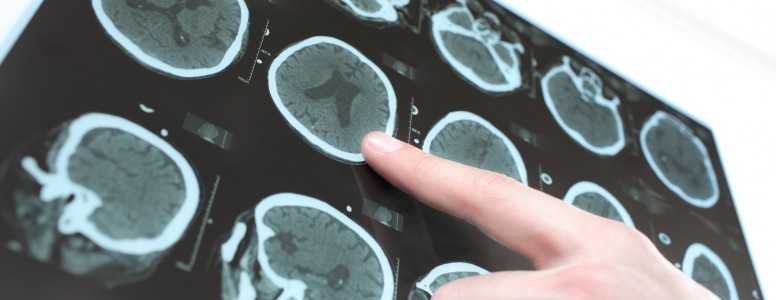Australian researchers have investigated the relationship between dementia and type 2 diabetes, highlighting the importance of good blood sugar control to improve brain health.
Scientists from the University of Western Australia have identified a vulnerable part of the brain that is most at risk of damage among people with diabetes.
They say the brain’s right hippocampus, involved in learning and memory, tended to be smaller in people with type 2 diabetes, which can affect cognitive performance.
The hippocampus is a “very vulnerable brain spot”, according to Professor Romola Bucks, who supervised the study. Therefore, researchers say, maintaining good blood sugar control could reduce the risk of damage.
Long-term high blood sugar levels is linked to increased vascular damage in the brain, but good blood sugar control in combination with eating a healthy diet and getting regular exercise can help delay or even prevent damage from occurring.
The research, conducted by Dr Nicole Milne, a UWA PhD graduate and registered psychologist, observed a “clinically significant” decline in the judgement, problem solving and overall thinking skills over 18 months among people with type 2 diabetes who had a smaller right hippocampus.
However, Dr Milne and colleagues admitted they did not follow the participants for long enough to assess whether these changes led to dementia or served to increase the risk.
One hypothesis for the shrunken hippocampus is that blood pressure and inflammatory changes associated with variable blood sugar levels increased the risk of vascular damage in the brain, but that link was not determined.
Future research will now aim to conclude or disprove this link, with MRI scans a prospective method of ascertaining vulnerability to cognitive problems among people with type 2 diabetes.
“As a preventative measure, people with type 2 diabetes should aim to regulate their blood sugar levels, avoid the peaks and troughs in order to keep your brain healthy,” concluded Prof Bucks.
The findings appear online in Brain and Behaviour.
What's new on the forum? ⭐️
Get our free newsletters
Stay up to date with the latest news, research and breakthroughs.





